Gun violence involving young people is a national problem that deserves greater attention and study, a group of national experts in violence said in a paper published in American Psychologist.
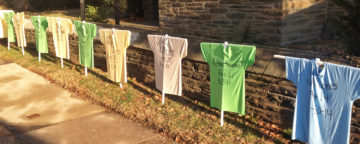

Gun violence involving young people is a national problem that deserves greater attention and study, a group of national experts in violence said in a paper published in American Psychologist.
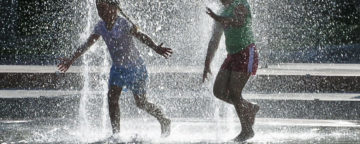
The Annenberg Public Policy Center has been awarded a grant from the Robert Wood Johnson Foundation to identify a “Culture of Health” portrayed on popular TV shows. Studies will include Spanish-language shows.
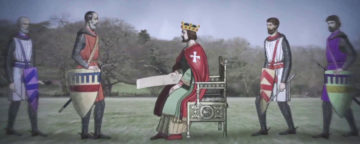
The Annenberg Classroom documentaries “Habeas Corpus: The Guantanamo Cases” and "Magna Carta," both released in September for Constitution Day, have been awarded prizes for excellence.
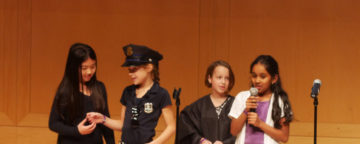
Hundreds of fourth- and fifth-grade Philadelphia-area students showed off their impressive knowledge of the Fourth Amendment's prohibition on unreasonable search and seizure at the Rendell Center's Citizenship Challenge.

A study using a real-world approach to evaluate graphic warning labels on cigarette packs has found that the emotionally engaging images are more successful than simple text warnings at educating smokers about the risks of smoking.

Former Pennsylvania Gov. Edward G. Rendell and Judge Marjorie Rendell, co-founders of the Rendell Center for Civics and Civic Engagement, received the Pennsylvania Society's Gold Medal for Distinguished Achievement.

In light of the historic climate deal made at the United Nations' Conference of the Parties in Paris, FactCheck.org has compiled a recap of misleading and false claims about climate change that were investigated in 2014-2015.

After a four-year run in which most news stories falsely linked the holiday season with an increase in suicide, last year's coverage saw a turnaround, with most news stories debunking the holiday-suicide myth, according to an analysis by the Annenberg Public Policy Center.
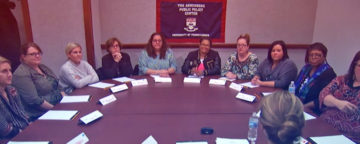
On Nov. 16, 2015, Peter D. Hart and Corrie Hunt of Hart Research Associates conducted a set of two focus groups with voters in Columbus, Ohio, who spoke about the Democratic and Republican presidential front-runners.